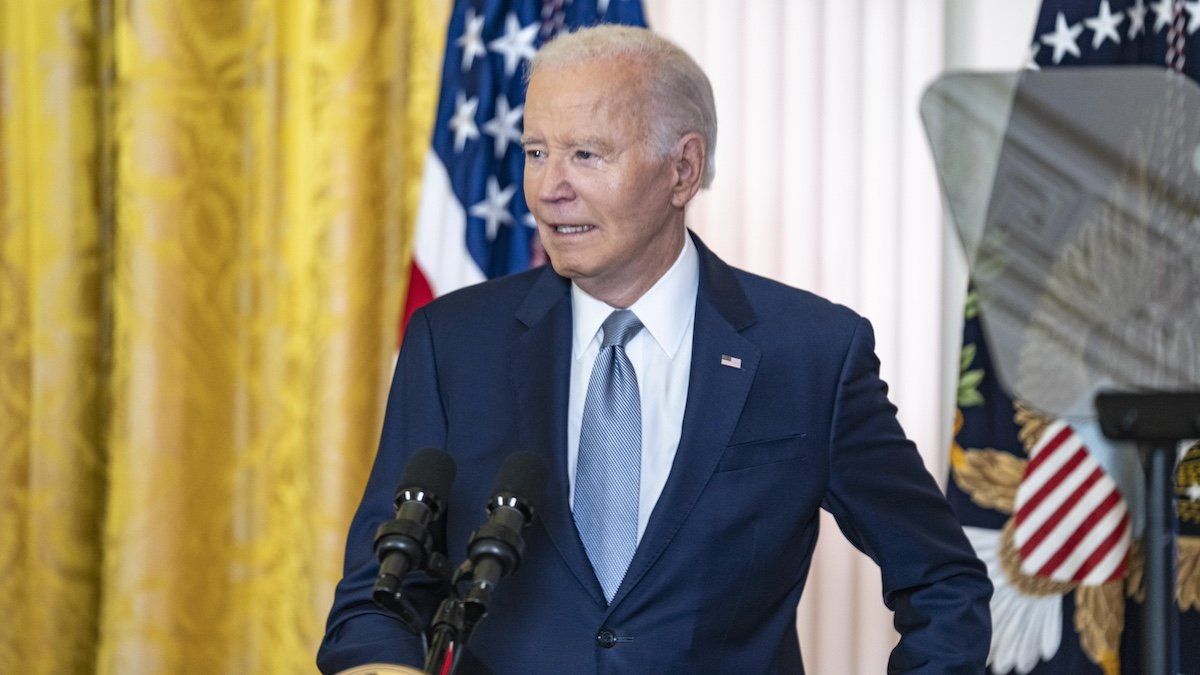Joe Biden might not be done with his yearslong effort to limit China’s access to advanced computer chips. According to the Wall Street Journal, the Biden administration is preparing new rules to cap the sale of chips to certain countries in Southeast Asia and the Middle East that may be acting as intermediaries for China.
While Biden has enacted strict export controls limiting the sale of advanced chips and semiconductor manufacturing equipment to China, there is still an underground market for these products thriving in the Middle Kingdom.
It’s unclear which countries would be capped from receiving large quantities of chips, but the US has kept a close eye on Saudi Arabia and the UAE’s own AI ambitions, even as it has struck deals with both countries. The updated rules are expected to come later this month, mere weeks before Biden’s presidency ends.
